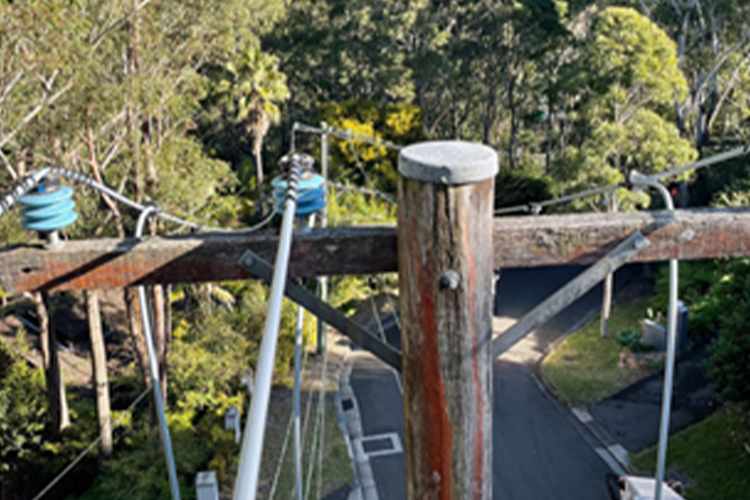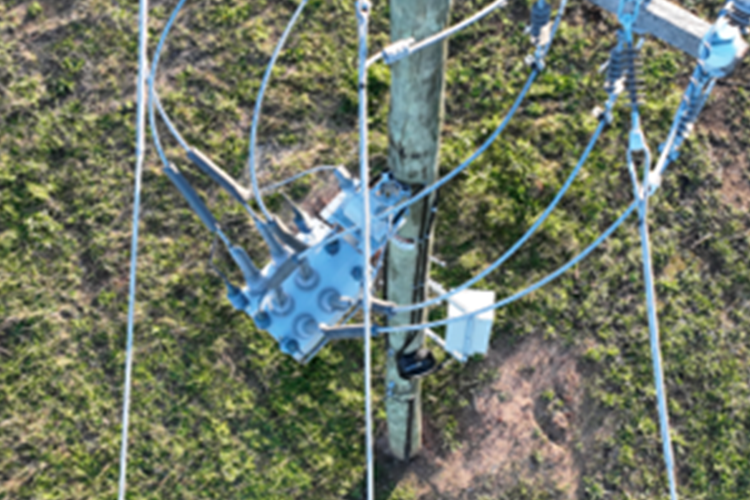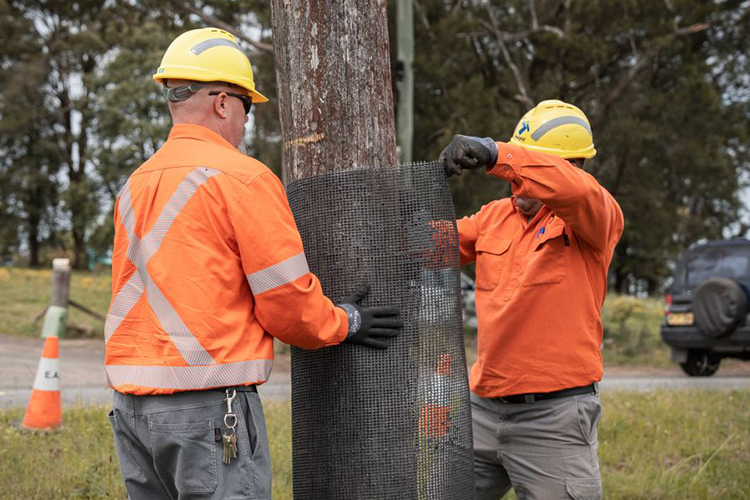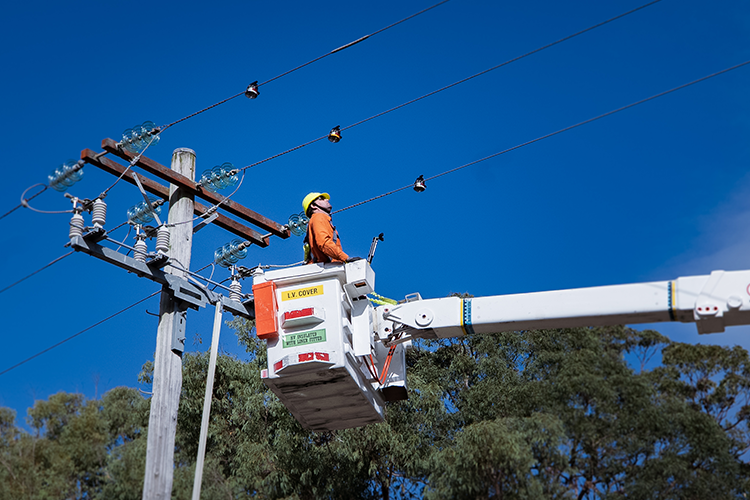Responding to the challenges of climate change
Ausgrid’s electricity network spans a diverse region - from coastal towns and cities to bushland communities. Each area faces its own climate challenges. Some experience more frequent storms, while others endure extreme heat and bushfire risk.
Severe weather can cause significant damage to the electricity grid, leading to power outages that disrupt daily life. As our climate continues to change, these events are becoming more frequent and harder to predict. While some communities bounce back quickly, others - especially those more vulnerable - may face greater hurdles in recovery.
That’s why we’ve partnered with our customers to co-design a new Climate Resilience Program. This initiative focuses on strengthening the network with targeted network upgrades and providing additional support to communities. By investing in targeted upgrades and local assistance, we’re working to reduce the impact of future weather events and help communities recover faster.







